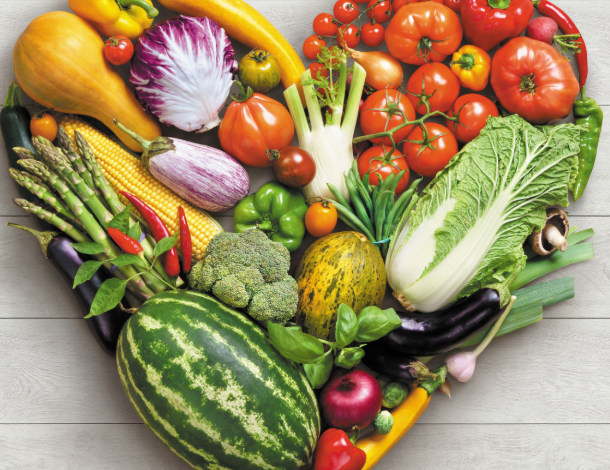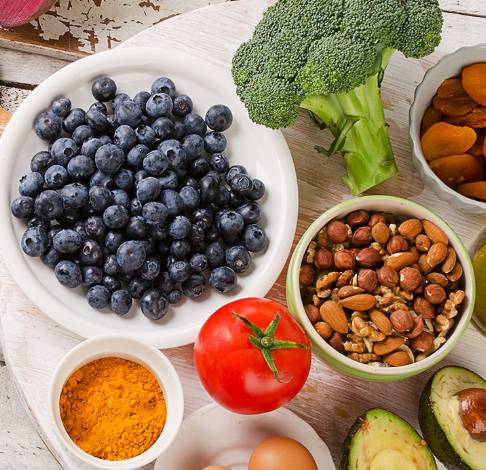
Understanding Plant-Based Protein: Expert Advice for Healthier Choices
In today’s world, the topic of protein can spark some strong opinions—especially when comparing animal-based versus plant-based options. However, this article is not here to convert you to a vegetarian or vegan diet. It’s all about empowering you to make more mindful and healthier choices without any judgment. The goal is to share knowledge, love, and a variety of helpful tips to improve your overall wellbeing.
Over the years, I’ve delved into the different sources of animal and plant-based proteins, referring to my previous work in Crazy Sexy Diet and Crazy Sexy Kitchen as inspiration for this post. It’s packed with updated content, new advice, and a helpful infographic for your convenience.
Top Plant-Based Protein Sources
Here’s a look at some of the best sources of plant-based protein, along with their respective protein content per serving:
- Tempeh: 1/2 package – 20 grams
- Lentils: 1 cup (cooked) – 18 grams
- Legumes: 1 cup (cooked) – 14.5 grams
- Hemp Seeds: 3 tbsp – 10 grams
- Quinoa: 1 cup (cooked) – 9 grams
- Tofu (extra firm): 3 oz – 9 grams
- Almonds (raw): 1/4 cup – 8 grams
- Sunflower Seeds (raw): 1/4 cup – 7 grams
- Broccoli (chopped): 1 cup – 6 grams
- Chia Seeds: 2 tbsp – 6 grams
- Kale (chopped): 2 cups – 4.5 grams
Now, let’s dive into some standout options:
- Seitan: This wheat gluten-based protein boasts an impressive 25 grams of protein per 3-ounce serving. Seitan’s chewy texture makes it a popular choice for those seeking meat alternatives. However, it’s important to note that individuals with gluten sensitivities should avoid seitan and opt for other plant-based protein options.
- Tempeh: Tempeh is made by fermenting soybeans into a solid block, offering 20 grams of protein per half block. It’s a great addition to stir-fries, salads, or even sandwiches.
- Tofu: Like tempeh, tofu is made from soy, but it’s created by pressing soy curds. It’s a versatile option, with 9 grams of protein in just 3 ounces.
- Edamame: These young soybeans contain 17 grams of protein per cup, making them a fantastic addition to salads, soups, or even as a standalone snack.
- Lentils: Rich in protein (18 grams per cooked cup), lentils are packed with folate, iron, and other essential nutrients. You can enjoy them in soups, curries, or even salads.
- Legumes: From chickpeas to kidney beans, legumes are a reliable source of protein. They also provide antioxidants and fiber, making them a great option for heart health.
- Hemp Seeds: A small serving (3 tbsp) provides 10 grams of protein, along with iron, calcium, and omega-3 fatty acids. These seeds are perfect for topping salads, mixing into smoothies, or adding to granola.
- Quinoa: Quinoa is not only rich in protein (9 grams per cooked cup), but it’s also a complete protein, meaning it provides all the essential amino acids your body needs.
- Chickpeas: Whether you call them garbanzo beans or chickpeas, they’re packed with protein (14.5 grams per cup). Try them in hummus, curries, or roasted for a crunchy snack.
- Almonds: A quarter-cup of raw almonds offers around 8 grams of protein. They’re great for snacking, adding to smoothies, or incorporating into baked goods.
- Sunflower Seeds: These are a fantastic option for a protein-rich snack, providing 7 grams of protein per quarter-cup.
- Pumpkin Seeds: A quarter-cup of pumpkin seeds delivers 10 grams of protein and makes an excellent topping for salads or soups.
Animal Protein vs. Plant Protein: Which is Better?
It’s essential to consider not only the nutritional value of the food we consume but also how it was produced. When evaluating animal-based proteins, the conditions in which the animals were raised and treated play a significant role in the final product. Unfortunately, factory farming practices often involve unsanitary conditions and inhumane treatment, which can negatively impact the nutritional quality of the meat.
If you still choose to consume animal products, I recommend doing so in moderation and selecting products that are responsibly sourced. Look for meats that carry certifications like the Certified Humane Seal, which ensures better treatment of animals. Additionally, if you choose seafood, be mindful of sustainability and potential contaminants like mercury.
Combining Protein for Optimal Health
Proteins are made up of amino acids, with 20 different types needed for the body to function correctly. Of these, 9 are considered essential, meaning we must obtain them through our diet. While animal protein is a complete protein source, plant-based proteins can provide all the essential amino acids as well, especially when consumed in a varied and balanced diet.
Many plant-based options, like quinoa, soy, and hemp seeds, are complete proteins on their own. Others, such as beans, grains, and nuts, may lack one or two amino acids but can easily be combined to create a complete protein profile.
How Much Protein Do You Really Need?
The amount of protein you need depends on factors like your weight, age, and activity level. The general guideline from the USDA suggests around 0.36 grams of protein per pound of body weight, which means someone weighing 130 pounds should aim for 47 grams of protein daily.
Interestingly, the average American consumes far more protein than needed—often from high-fat animal products. This excess protein can contribute to chronic diseases like inflammation.
To ensure you’re getting enough protein from a plant-based diet, focus on a variety of whole foods like legumes, nuts, seeds, and grains. You can easily meet your protein requirements without relying on animal-based sources.
Protein Myth: More is Not Always Better
There’s a pervasive myth that consuming more protein leads to better health and strength. In reality, excess protein can contribute to health problems such as chronic inflammation. Most people in developed countries get more protein than they need, and protein deficiency is rare.
Instead of focusing on high protein intake, it’s more beneficial to make healthier choices and consume a balanced diet. High-quality plant-based proteins, along with moderation in protein consumption, can support optimal health without the risks associated with excessive animal protein intake.
Conclusion
Incorporating more plant-based proteins into your diet is a simple yet effective way to boost your health and wellbeing. Whether you’re fully plant-based or just looking to add more variety to your meals, there are countless delicious and nutritious options available. By making thoughtful food choices, you’ll not only meet your protein needs but also contribute to a healthier, more sustainable lifestyle.






